FGM: 'Seven-year-old me thought every woman in the world was cut'
- Published
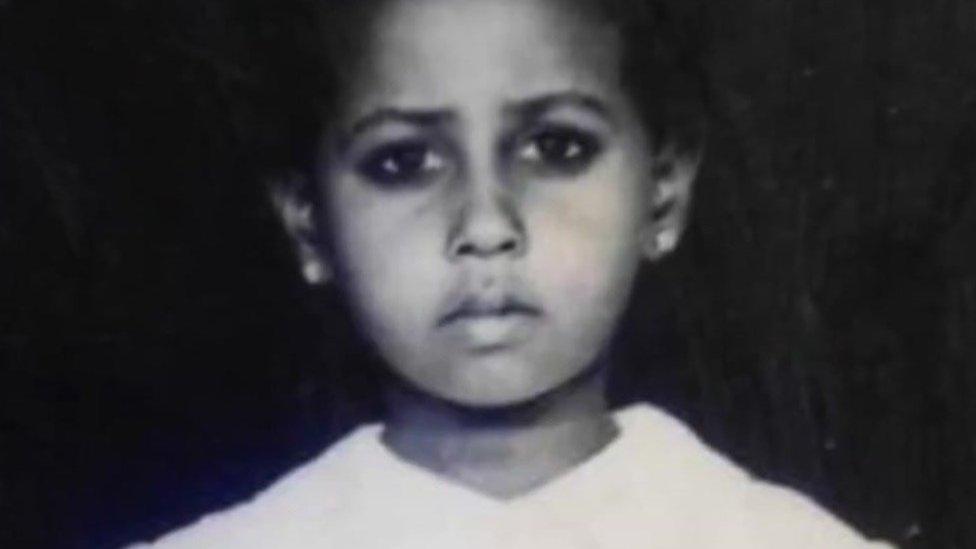
Hoda Ali was aged seven when she was subjected to FGM
Medics, survivors and campaigners are calling for more to be done to stop female genital mutilation (FGM).
A lead midwife at a London hospital said she was treating about six women a week for the impact of the procedure which cuts the external genitalia.
Huda Mohamed, from the Whittington Health NHS Trust, said improved education and better mental health support was needed.
One survivor, Hoda Ali, agreed, saying FGM had affected her entire life.
As a seven-year-old, she was left seriously unwell in Somalia where she underwent the procedure, which the World Health Organization describes as "any procedure that injures the female genital organs (labia and clitoris) for non-medical reasons".
It’s estimated one in 20 girls and women in the world have undergone some form of FGM
Ms Ali said: "You had it done, and it takes two weeks to heal. After the two weeks they say 'you're a woman, go and play'."
Instead, she needed further operations and was sent to Europe for more care.
Complications from the procedure have also left her unable to have a baby.
"It's affecting me all of my life. It literally took away my chance to be a mum," she said.
"No-one has that right to take that from me."
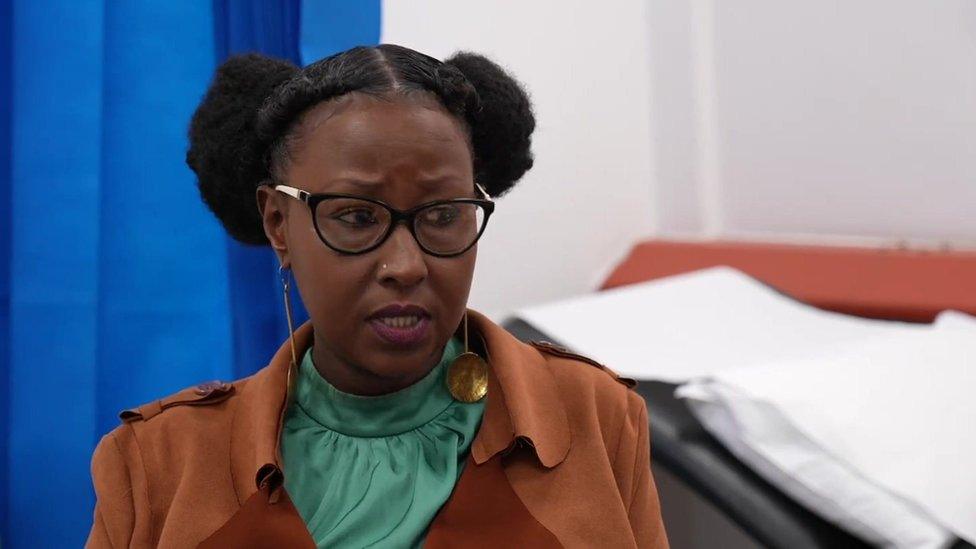
Hoda Ali said when she was a child she assumed every woman in the world had FGM
Ms Ali said the reason FGM was carried out was because of "society".
She said: "Being cut was something that we talked about, it wasn't something that was hidden.
"I thought every single woman around the world would have FGM."
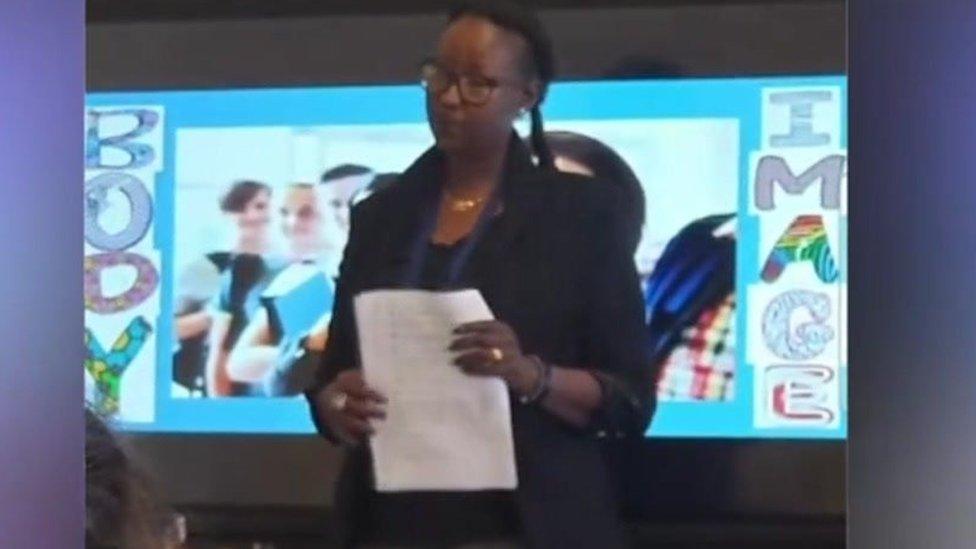
Hoda Ali now educates children about FGM
She said her father was against his daughters having it done, but her mother insisted.
"My mum was a survivor, my grandmother was a survivor, all the women before me were survivors," she said.
"The good thing is, I'm the last one. My sickness has meant my family has stopped practising FGM."
Ms Ali now raises awareness in communities across London about the dangers of FGM and set up the charity The Vavengers, which runs workshops, community outreach hubs and national and international campaigns on FGM.
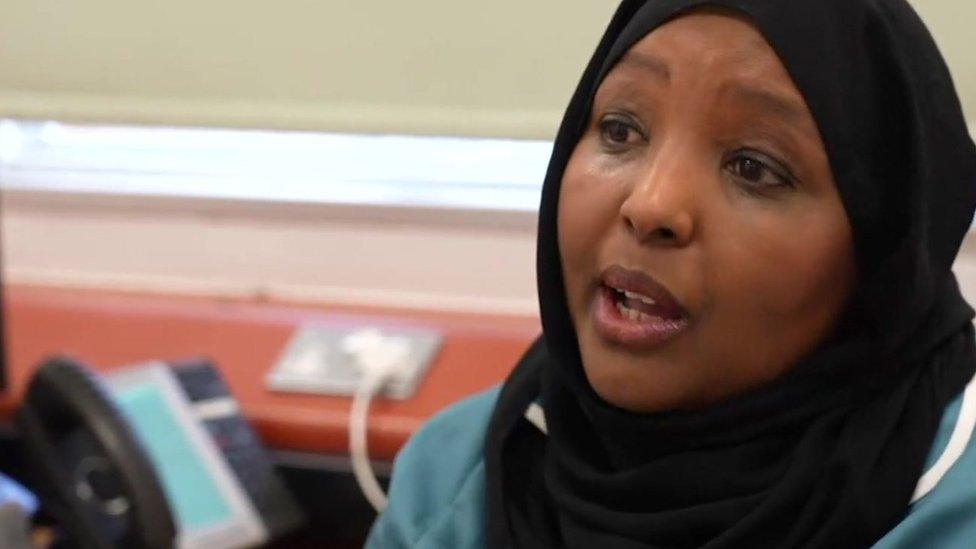
Huda Mohamed believes young people should be taught to know FGM is wrong
As well as being a midwife, Ms Mohamed also runs an FGM clinic in Archway.
She said more training in early education and within the community was needed to help prevent further FGMs.
"The statistics show children are cut from the age of eight to nine.
"So if you catch it early, a child will know this is wrong. So I want that kind of training to be done in early childhood education," she said.
Sema Gornall, from The Vavengers, said she had three requests.
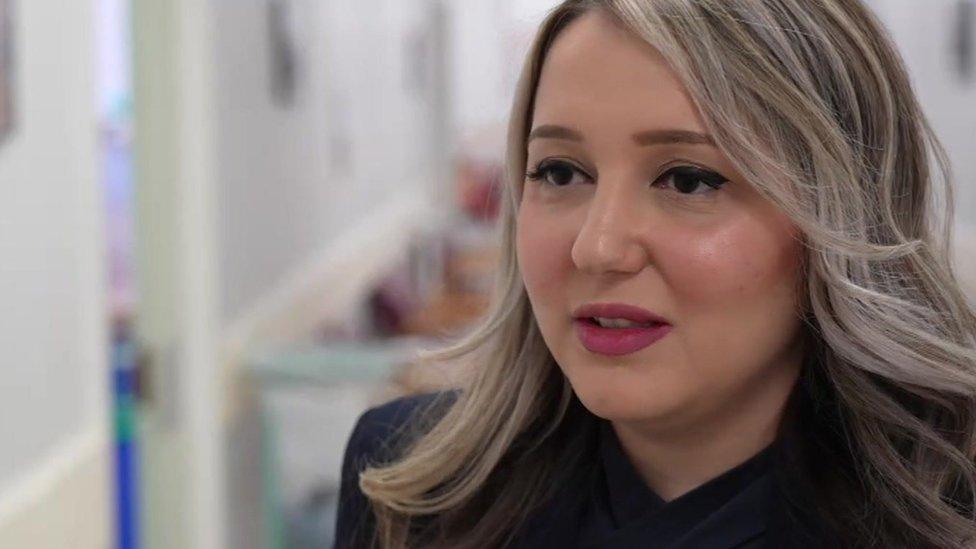
Sema Gornall, from The Vavengers help and campaign group, wants more to be done to support survivors
She said: "Bring the FGM question on the datasets. Ask every single woman in this country if they have been subjected to FGM so we can actually see the numbers.
"The second one is to bring the reconstructive surgery to the UK.
"And the last one is the lifetime of mental health support that the survivors or FGM may need."

Listen to the best of BBC Radio London on Sounds and follow BBC London on Facebook, external, X, external and Instagram, external. Send your story ideas to hello.bbclondon@bbc.co.uk
- Published26 October 2023
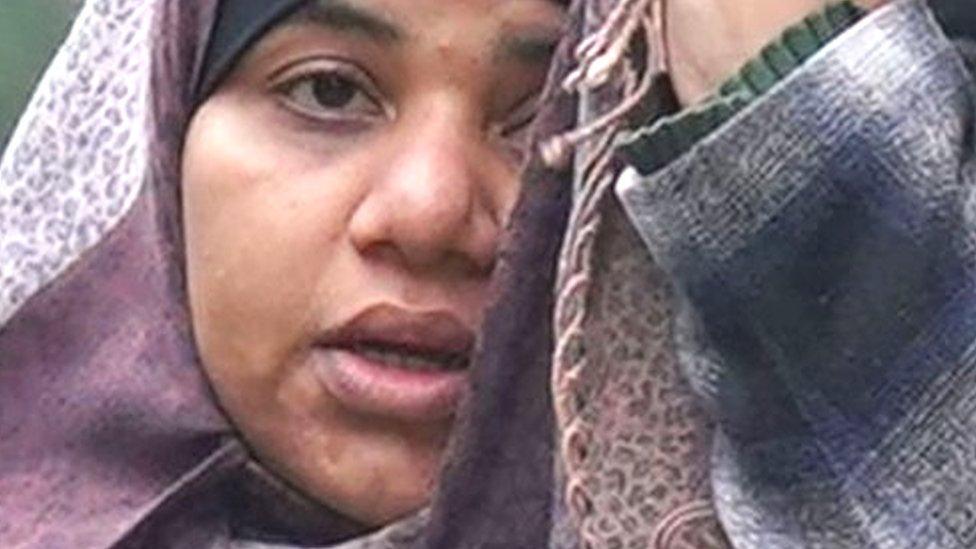
- Published9 February 2023
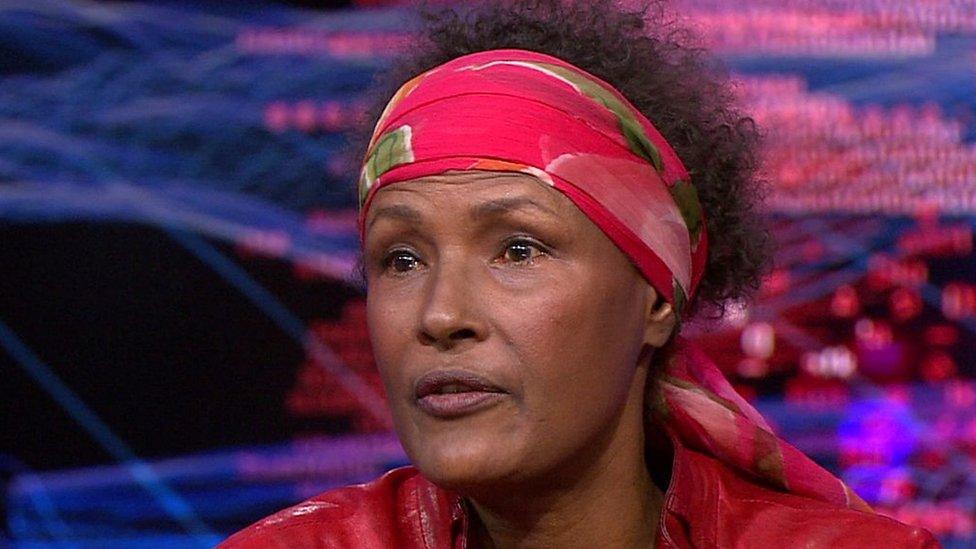
- Published6 February 2019
